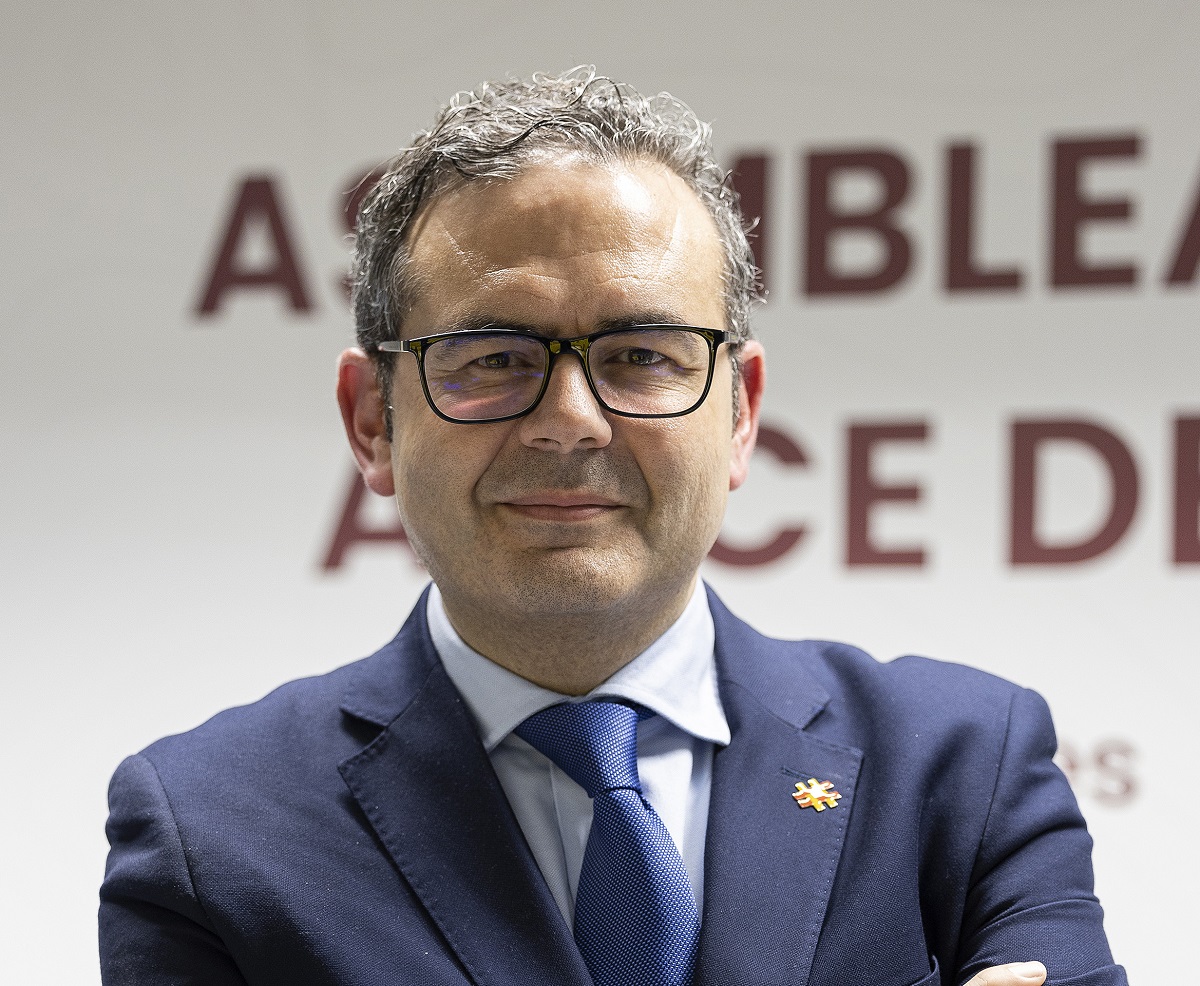"Reputation" is the greatest challenge of the livestock and meat value chain

Meat and livestock farming are not living their best moment. In a misguided and somewhat irresponsible way, they are the focus of a debate with strong ideological connotations and little scientific basis, promoted and orchestrated by big organisations which, with clear economic interests and multimillionaire budgets, are seeking to get a piece of the pie at all costs, in the fight for the global protein market.
It is clear also that we are not fighting with the same weapons, neither financially speaking nor context-speaking, because unlike for us, it seems to be sufficient for such parties to share pseudo-scientific opinions, misinformation and, in the best of cases, half-truths to be heard by consumers, sometimes poorly-informed consumers, who are unaware of the challenges that may arise for their health by excluding meat from their diets.
At this time of persistent and unprecedented “infoxication”, the media should revert to fact-checking. Unfortunately, some media are surfing this wave of discrediting the livestock sector. Motivated by amassing clicks, they do not shy away from the typical clickbait, sensationalist headlines, followed by stories with dubious validity, where any data is replaced by the often frivolous, fleeting ‘story’.
As a result of such attacks, our image and reputation have been quite heavily damaged, and the activity and values of the sector as a whole and the nutritional role of meat and livestock products are being called into question daily.
However, we must admit that we partially have ourselves to blame, and we are not willing to speak up and stop this current stigmatisation of the sector.
To reverse this situation and defend our reputation, once again making meat consumption as part of a nutritionally balanced diet and promoting the value of our products, the sector must unite and try to regain ground, take charge of the narrative and prevent others from talking about us.
The time has come to defend what is ours.
We can do this as a united voice, with proactive and clear communications and rationale backed by science, and with interesting narratives to counteract the misinformation and negative narrative promoted by activists and anti-meat lobbies, some politicians and some media who achieve nothing except confusing society.
The voice of scientists is already being raised, specifically more than 1100 scientists from all over the world, through the so-called Dublin Declaration, which proactively highlights the role of meat in human nutrition and livestock systems in society.
So now it is up to us to use the knowledge within our sector and of all those scientists who have understood this shift in perception and are positioning themselves more in favour of livestock to reset the balance.
With this in mind, the deputy director for ANICE (Spanish meat industries), Giuseppe Aloisio, a great admirer of Roman Krzanaric‘s “Cathedral Thinking”, shares an Australian philosopher’s theory. Krzanaric affirms that the great issues of humanity must be faced with the same attitude as the builders of the Middle Ages cathedrals, who began building knowing that they would not see their work completed during their lifetime.
The meat sector has its cathedral, and it is called “our reputation“, says Aloisio. “The sooner we really start laying bricks together, with a united vision, the sooner we’ll be able to see it finished”. And this “all of us” is the livestock value chain in its broadest definition, also including distribution, which is the section receiving the consumer’s returns in the first instance”.
But we cannot do it alone today. More than ever, we need the support of our politicians to progress and regain credibility in the face of all those who are vetoing meat, its goodness, and the good work of livestock value chain operators, with their irresponsible insistence on ideology and a disregard for science.
This article has been written by ANICE for RealidadGanadera. Here’s the original version in Spanish.